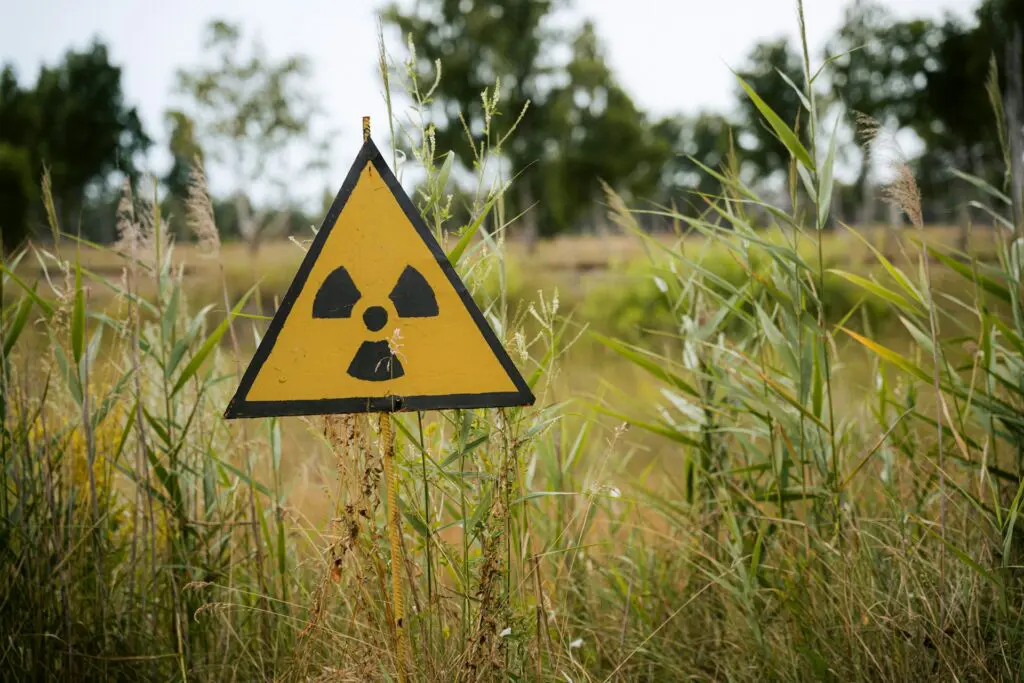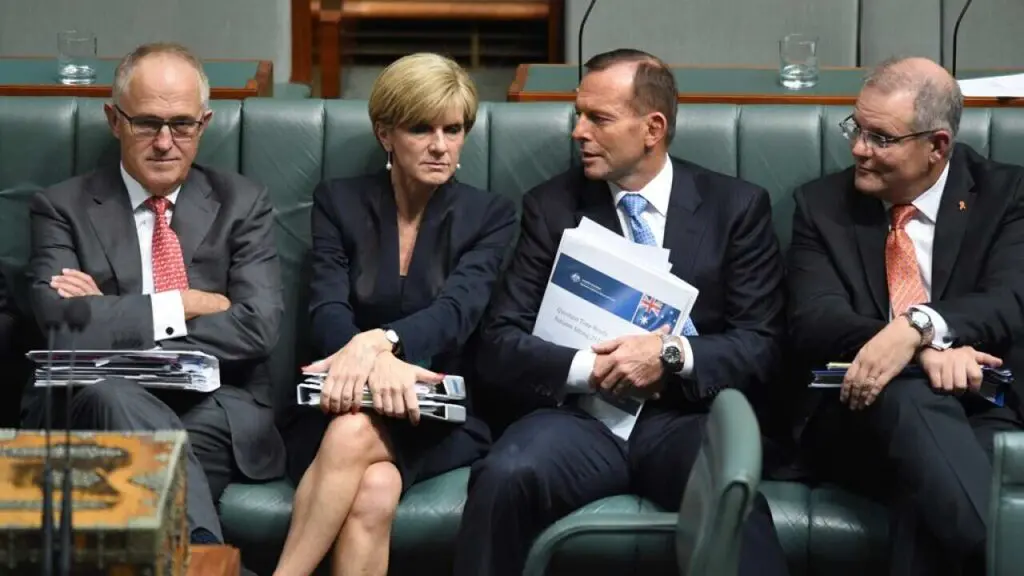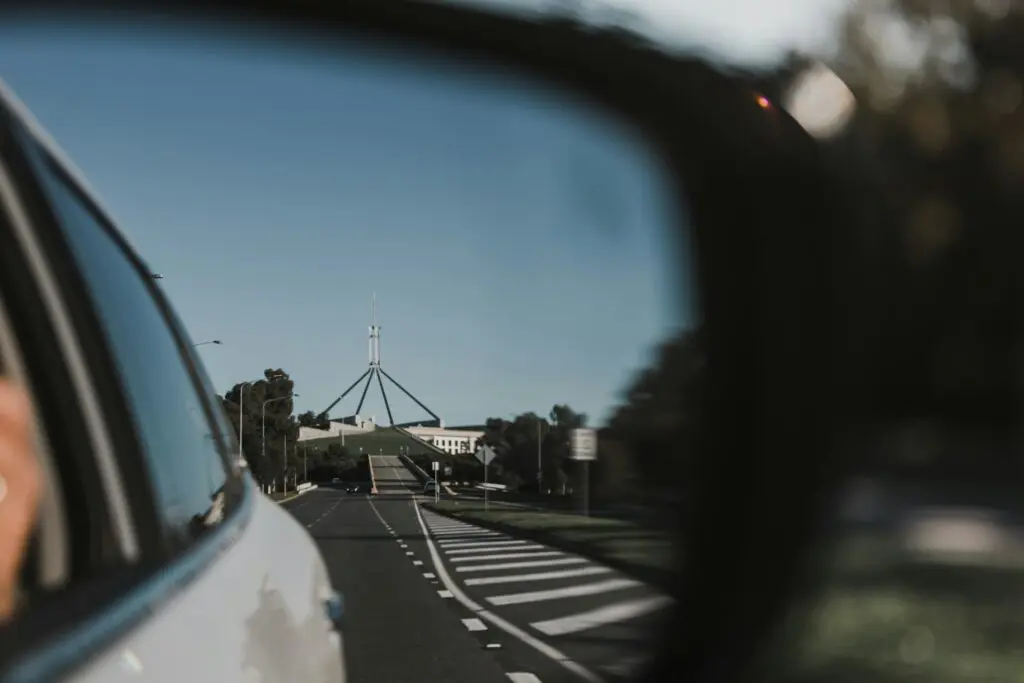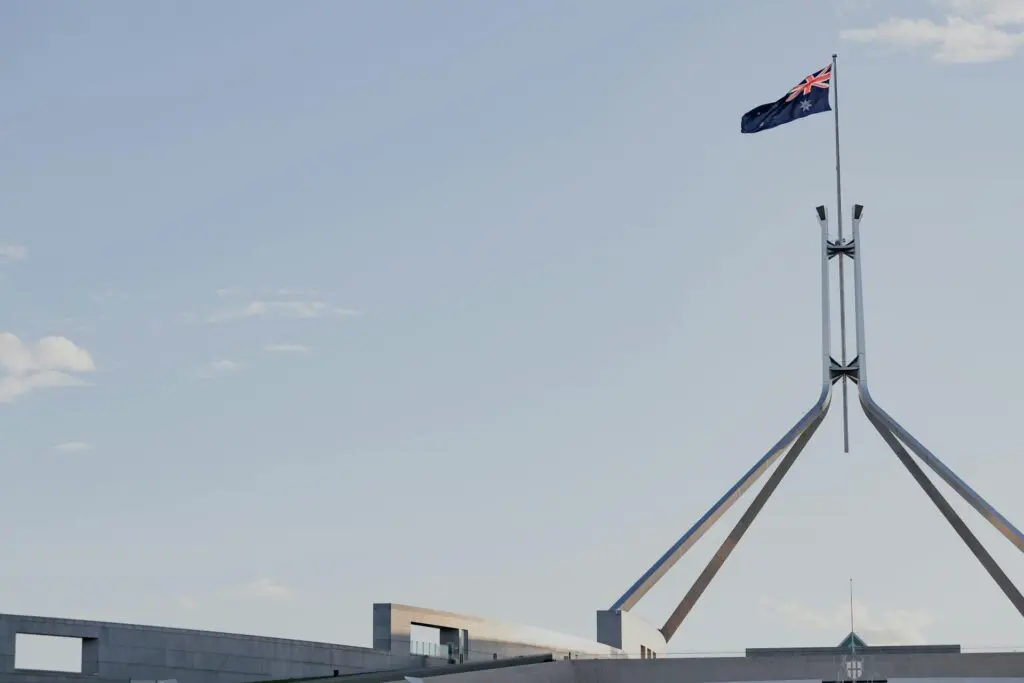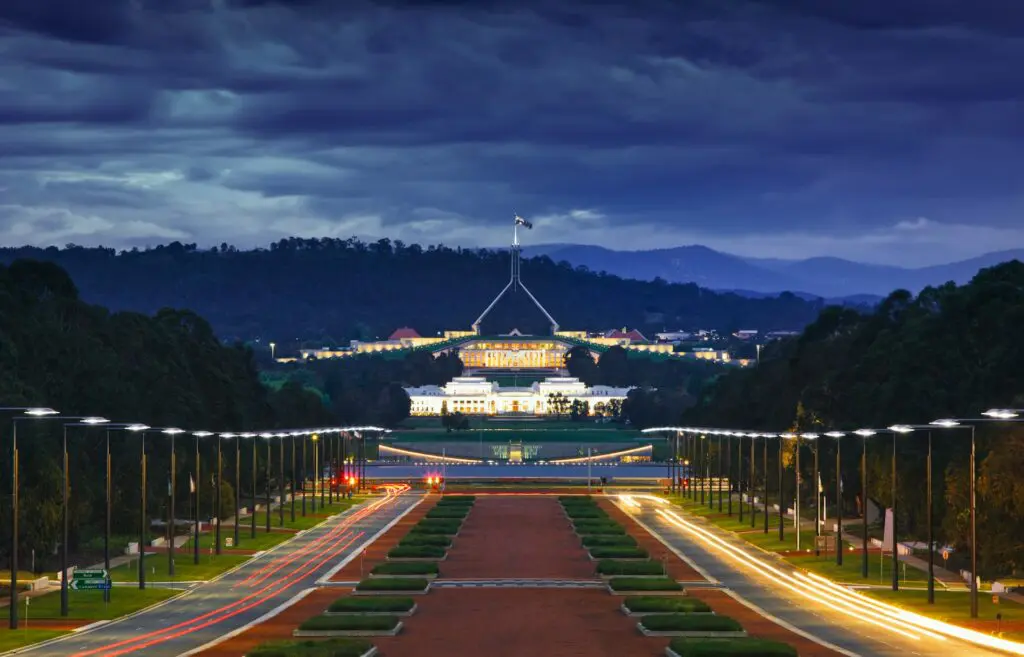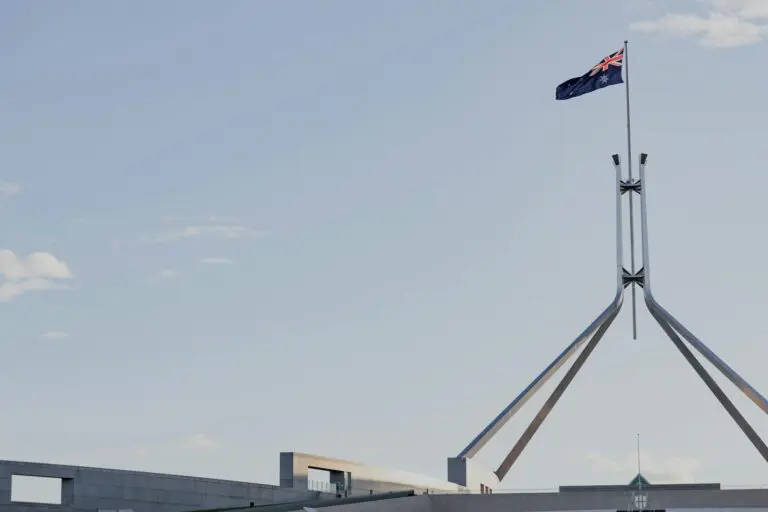
Queensland’s Electoral Shift: A Vote for Change or a Leap into Uncertainty?
Share your love
In the recent Queensland state election, the Liberal National Party (LNP) secured a decisive victory, unseating the incumbent Labor government and marking a significant political shift in the state. This outcome has prompted discussions about voter motivations, media influence, and the potential for post-election regret among the electorate.
A Campaign of Contrasts
The LNP’s campaign strategy focused heavily on four key issues: crime (particularly youth crime), cost-of-living pressures, housing affordability, and health services. Despite criticisms of a “small target strategy” and a perceived lack of comprehensive plans, the LNP managed to resonate with voters seeking change.
In contrast, the Labor Party, led by Steven Miles, presented a platform that included policies such as state-owned petrol stations, energy retailers, and free school meals. However, these initiatives struggled to gain traction, possibly due to limited media coverage and the overshadowing narrative of change promoted by the LNP.
Media Influence and Coverage Disparities
The role of media in shaping electoral outcomes cannot be understated. In this election, major outlets like those under the Murdoch umbrella provided extensive coverage that often favoured the LNP, while Labor’s campaign received comparatively muted attention.
The Australian Broadcasting Corporation (ABC), known for its balanced reporting, offered coverage that some critics argue lacked the depth needed to effectively highlight Labor’s policy propositions. This disparity in media attention may have contributed to an electorate being less informed about the full spectrum of policy options, potentially influencing voting behaviour.
The “Time for Change” Sentiment
A significant portion of the electorate appeared motivated by a desire for change, with sentiments such as “it’s just time for a change” echoing throughout pre-election discussions.
This perspective, while reflective of democratic dynamism, raises questions about the depth of voter engagement with policy specifics. The allure of change, without a thorough understanding of the alternatives, can lead to decisions prioritising novelty over substance.
Post-Election Reflections and Potential Regret
Early indicators suggest a complex voter response to the new government in the aftermath of the election. Polling data from DemosAu, conducted 111 days post-election, shows the LNP maintaining a 56-44 per cent two-party lead over Labor.
However, both major parties experienced slight declines in primary votes, with the LNP at 40 per cent (a 1.5-point drop) and Labor at 30 per cent (a 2.4-point drop). Notably, support for the Queensland Greens and One Nation increased, suggesting a diversification of political allegiances and possibly hinting at emerging voter dissatisfaction with traditional party offerings.
The true measure of voter satisfaction or remorse will unfold as the LNP implements its policies and addresses the critical issues it campaigned on. The effectiveness of their governance in areas like crime reduction, cost-of-living adjustments, housing affordability, and healthcare improvements will be pivotal in either validating the electorate’s choice or fostering regret.
Conclusion
The 2024 Queensland state election serves as a compelling case study in voter behaviour, media influence, and the complexities inherent in democratic transitions.
As the new government embarks on its tenure, the electorate’s initial motivations will be tested against the realities of policy implementation and governance outcomes. Only time will reveal whether the desire for change translates into the progress voters envisioned or if it leads to a reassessment of their electoral choices.
Source List
- https://www.theaustralian.com.au/commentary/feeding-the-chooks/big-business-outspends-union-movement-to-oust-labor-in-qld/news-story/d54fd3f214728d8c7f1983cbd0b4a890
- https://www.couriermail.com.au/news/queensland/qld-politics/qld-politics-poll-finds-lnp-support-holding-steady-since-election/news-story/4f57d6567cfbc1d66f0b78c1e69f5950
- https://antonygreen.com.au/qld2024-initial-analysis-of-the-queensland-election-result/
- https://www.theguardian.com/australia-news/2024/oct/28/labor-lost-queensland-election-partly-because-it-was-obsessed-with-the-greens-chandler-mather-says
- https://www.couriermail.com.au/news/queensland/qld-politics/analysis-steven-miless-qld-election-loss-was-an-antilabor-landslide-of-historic-scale/news-story/036adc8b8ce2db568ef75cde90e6dc8d
- https://www.dailytelegraph.com.au/news/national/queensland-suburbs-send-albanese-a-huge-warning/news-story/54d7780792de620729e1d8a66beddbef
- https://www.theaustralian.com.au/nation/greens-lose-on-their-queensland-seats-as-labor-roars-back-in-progressive-innercity-brisbane/news-story/d2db82cda237fc78fcdd664361a7d770
- https://www.theaustralian.com.au/nation/politics/david-crisafulli-has-only-himself-to-blame-his-small-target-strategy-bombed-with-voters-and-sent-the-lnp-on-a-whiteknuckle-ride/news-story/5c2ce3fac16420d796665bc1fe6e3bef
- https://www.news.com.au/national/politics/qld-election-signals-federal-labor-losses-next-year-peter-dutton-says/news-story/37ca41ab1a2ed852b06e87db99861f82
AI-Generated Content Notice: The articles published on this website are generated by a large language model (LLM) trained on real-world data and crafted to reflect the voices of fictional journalists. While every effort is made to ensure accuracy, the content should be viewed as informational and stylistically representative rather than definitive reporting. Always verify the information presented independently. Read our full disclaimer by clicking here.
